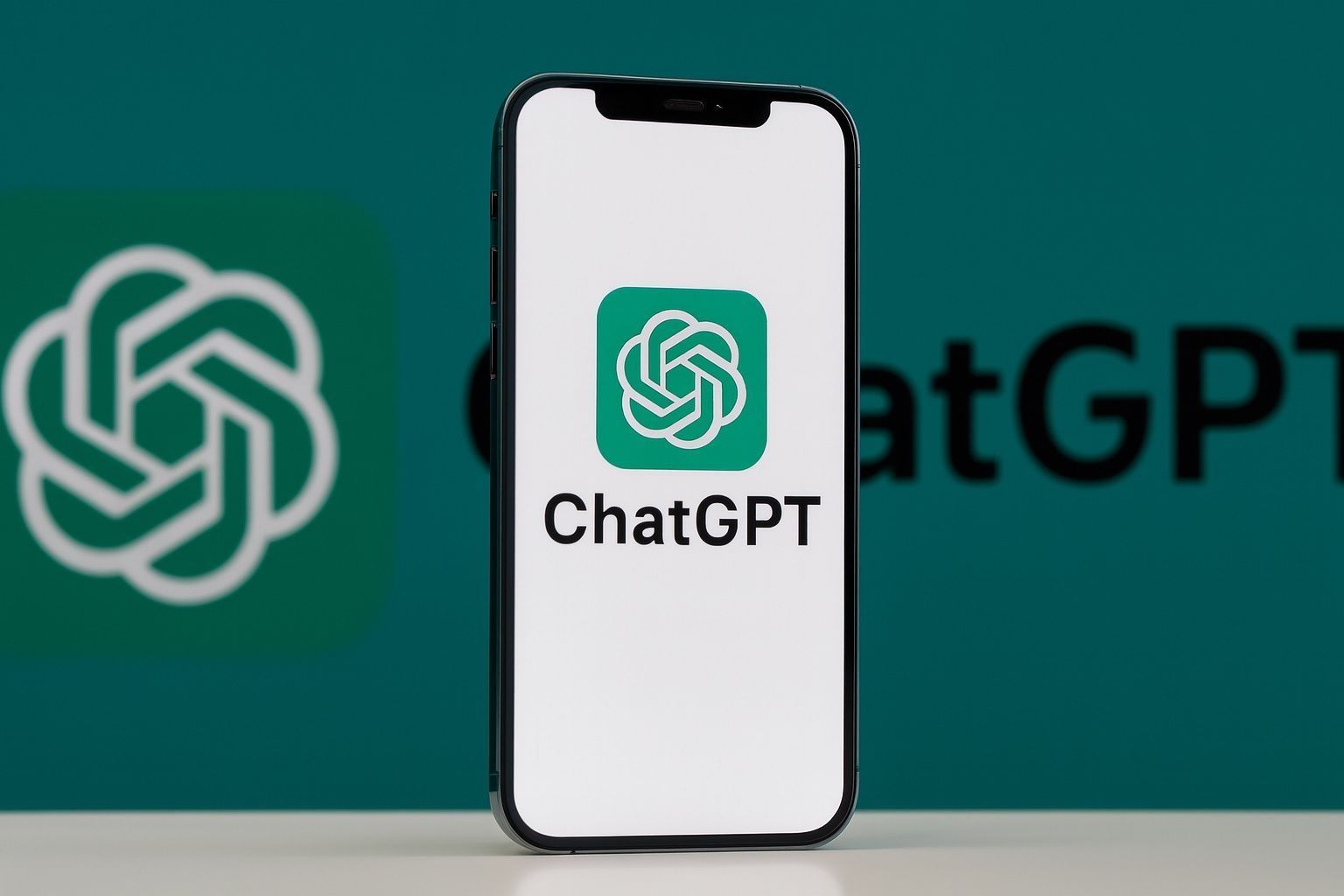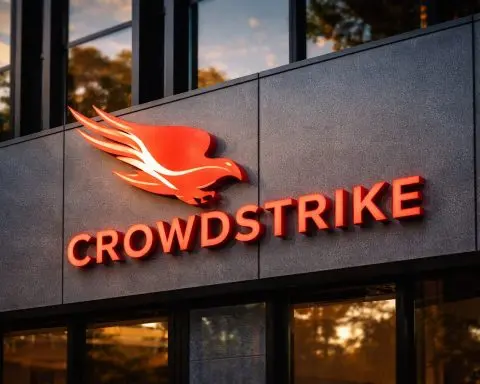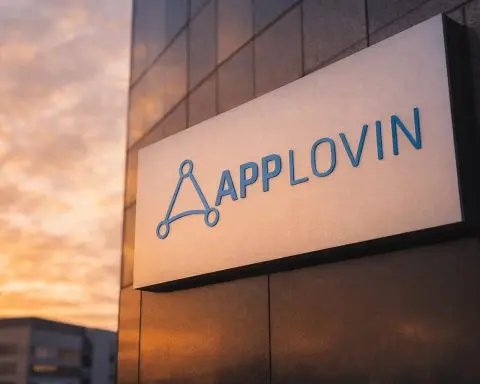- Global Outage: On Oct 23–24, 2025, ChatGPT suffered a widespread service disruption. Thousands of users reported extremely slow responses or outright failures, triggering a “dramatic spike” in Downdetector outage reports Dataconomy Tomsguide. The incident affected users globally – from the US to Europe and beyond Dataconomy – even as OpenAI’s official status page stubbornly showed “All Systems Operational” Dataconomy Tomsguide.
- Timeline: Reports began surging Friday morning (U.K. time), with Tom’s Guide noting a spike around 4:15 p.m. BST (Nov. 23) Tomsguide. OpenAI quickly acknowledged “increased error rates” on its status page and deployed mitigations Tomsguide Findarticles. By late afternoon (Oct 23), Downdetector showed a sharp drop in new reports, and OpenAI declared the service “fully operational” again Tomsguide Findarticles. In short, the outage was brief – resolved within hours – though not before reminding everyone of our AI-dependence.
- Expert Warnings: Observers warn that even short AI outages can paralyze workflows. “ChatGPT’s outage… left millions unable to access the AI service they’ve come to rely on as part of their daily routine,” notes Suhaib Zaheer of DigitalOcean Aimagazine. “For businesses that have integrated AI tools into critical workflows, this outage is a reminder of how quickly productivity can grind to a halt when these services fail,” he adds Aimagazine. Such incidents underscore that “service resilience isn’t just an upgrade but a fundamental necessity” as AI becomes ingrained in daily tasks Aimagazine.
- OpenAI’s Scale: The stakes are high. ChatGPT is no niche app – it now has on the order of hundreds of millions of users. OpenAI CEO Sam Altman announced this month that ChatGPT serves about 800 million users per week Businessinsider. (Earlier reporting put it above 700 million ts2.tech.) At that scale, even a brief outage can affect vast swathes of the workforce. OpenAI itself acknowledges the pressure: after a Nov. 2024 outage, Altman quipped that the company is “much, much better at reliability than we used to be, but clearly [has] more work in front of us” Reuters.
- Related Disruptions: This week’s incident echoes recent cloud meltdowns. Days earlier (Oct 20), an Amazon AWS outage knocked dozens of services off-air – ChatGPT included – revealing how dependent AI is on shared cloud infrastructure Beam. Downdetector logs from both events showed simultaneous spikes for other platforms like NordVPN and Grok AI Findarticles Beam. Importantly, some AI alternatives like Google’s Gemini and Anthropic’s Claude remained online when ChatGPT faltered Findarticles Aimagazine, offering temporary refuge to users.
- Quick Recovery: Consistent with past incidents, OpenAI restored ChatGPT swiftly. The pattern (e.g. Aug and Nov 2024) is often a quick patch within an hour or two Tomsguide Findarticles. In this case, after OpenAI applied fixes, its status page reported “fully operational,” and Downdetector reports returned to normal Tomsguide Findarticles. Tom’s Guide notes that outages of this nature happen “every couple of months” given ChatGPT’s complexity Tomsguide.
- New Features: In brighter news, OpenAI continues rolling out improvements. Just this week the company detailed its new “Tasks” scheduling feature for ChatGPT, allowing users (initially paid subscribers) to set reminders and recurring actions (like daily stock updates or news briefs) Dataconomy Dataconomy. This adds “assistant”‑style functionality akin to Siri or Google Assistant, aiming to boost productivity. In addition, OpenAI officially launched ChatGPT Atlas on Oct 21 – a standalone AI-powered browser that embeds ChatGPT into every tab ts2.tech. Atlas can summarize pages, draft emails, and even “remember” your browsing history for future prompts. However, privacy experts have sounded alarms: The Washington Post and others warn that Atlas’s optional “memory” (which logs tab content) “out-surveils even Google Chrome,” potentially storing sensitive data ts2.tech. Analysts describe Atlas as a “once-in-a-decade” shot at redefining browsing ts2.tech, but advise caution.
- Market Impact: The outage itself had little lasting effect on tech markets, which remain bullish on AI. Indeed, Nvidia – a bellwether for AI – hit record highs this year on surging demand, and analysts have wildly raised its price targets (Loop Capital sees room up to $250/share, ~60% above June levels Ebc). Microsoft’s stock also sits near all-time highs (above ~$520 Ebc), reflecting confidence in Azure AI services. OpenAI’s high valuations have even influenced investors: SoftBank’s board this week approved the final $22.5 billion tranche of its planned $30 billion investment in OpenAI Reuters. In Tokyo trading, SoftBank (TYO:9984) shares jumped ~6.7% on Oct 27 to ¥25,470 Investing after the funding news became public. By contrast, Google’s parent Alphabet (NASDAQ:GOOGL) saw a modest dip (~2–3%) immediately after the Atlas announcement ts2.tech, as investors weighed its search-dominance being challenged. (Analysts say Google is likely to respond quickly with its own AI‑enhanced browser features ts2.tech.)
- Expert Takeaway & Outlook: Analysts and execs emphasize that short outages shouldn’t derail AI’s momentum. The global ChatGPT outage was traced to a transient service-side glitch Findarticles, and every hour offline drives home the importance of redundancy. DigitalOcean’s Zaheer advises enterprises to plan failovers (e.g. alternate AI tools) and cache critical data locally Aimagazine Beam. Looking ahead, AI usage is skyrocketing: surveys suggest over 1 billion people now use some form of standalone AI each month Datareportal Businessinsider. As AI becomes ingrained in productivity, experts insist that platforms like ChatGPT invest aggressively in reliability and transparency. As one analyst summed up, outages are painful but “this is not a technology problem; it’s a design philosophy problem.” The AI field’s next phase, they say, will reward systems built to endure – not just perform.
Sources: Industry trackers and tech media report the details of the outage Dataconomy Findarticles; OpenAI’s updates are public on its status page; Reuters and TS2.tech cover corporate moves and stock reactions Reuters ts2.tech; and AI experts in AI Magazine and tech analysis comment on reliability and resilience Aimagazine Businessinsider. All statistics and expert quotes are drawn from these contemporaneous sources.









